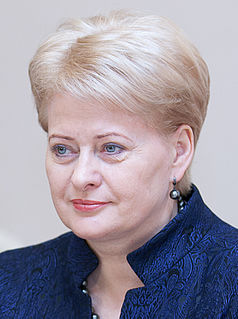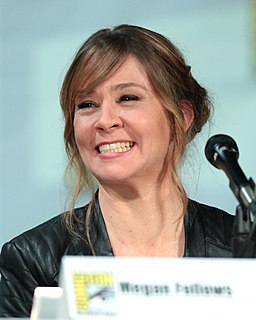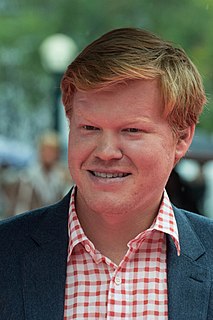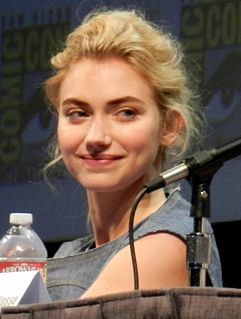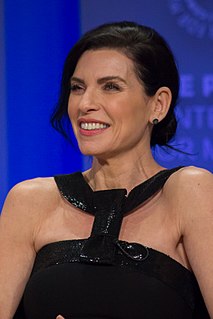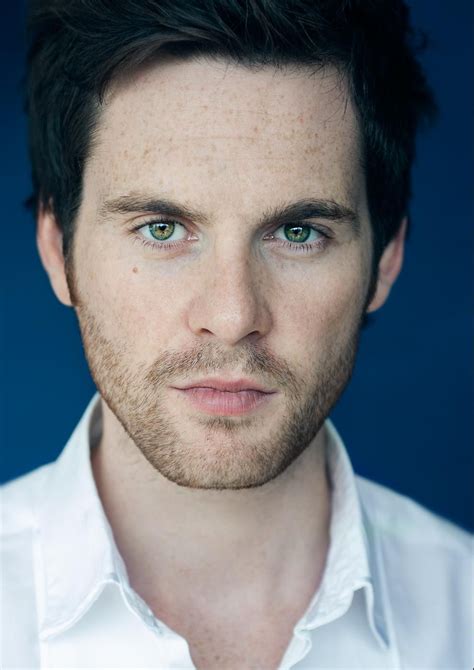A Quote by Holly Hunter
There are, in terms of numbers, more leading roles for women in television than there are features. That's absolutely certain.
Related Quotes
If you just look at the number of roles for women versus the number of roles for men in any given film, there are always far more roles for men. That's always been true. When I went to college, I went to Julliard. At that time - and I don't know if this is still true - they always selected fewer women than men for the program, because there were so few roles for women in plays. That was sort of acknowledgment for me of the fact that writers write more roles for men than they do for women.
I think there are great roles for women in television because there is time to allow those characters to evolve. Even if you're the wife or the girlfriend or whatever it is that we women are, playing those things on TV, they are much more drawn out and there are greater arcs for the role. The roles are more integral to the complexity of the story.
When I first started making films 30 years ago, people would comment that I was a woman. But strangely, when I was in television, no one ever mentioned that I was a woman. Maybe it was because television and film were different. There were more women working in television than men. There was no split in terms of work - everyone was considered equal
There's a small movement of teacher-led schools across the country. These are schools that don't have a traditional principal, teachers come together and actually run the school themselves. That's kind of the most radical way, but I think something that's more doable across the board is just creating career ladders for teachers that allow certain teachers after a certain number of years to inhabit new roles. Roles mentoring their peers, helping train novice teachers to be better at their jobs, roles writing the curriculum, leading on lesson planning.
I've noticed a lot of people talking about the wealth of roles for powerful women in television lately. And when I look around the room at the women here and I think about the performances that I've watched this year, what I see actually are women who are sometimes powerful and sometimes not. Sometimes sexy and sometimes not. Sometimes honourable and sometimes not. And what I think is new is the wealth of roles for actual women in television and in film. That's what I think is revolutionary and evolutionary and it's what turning me on.


